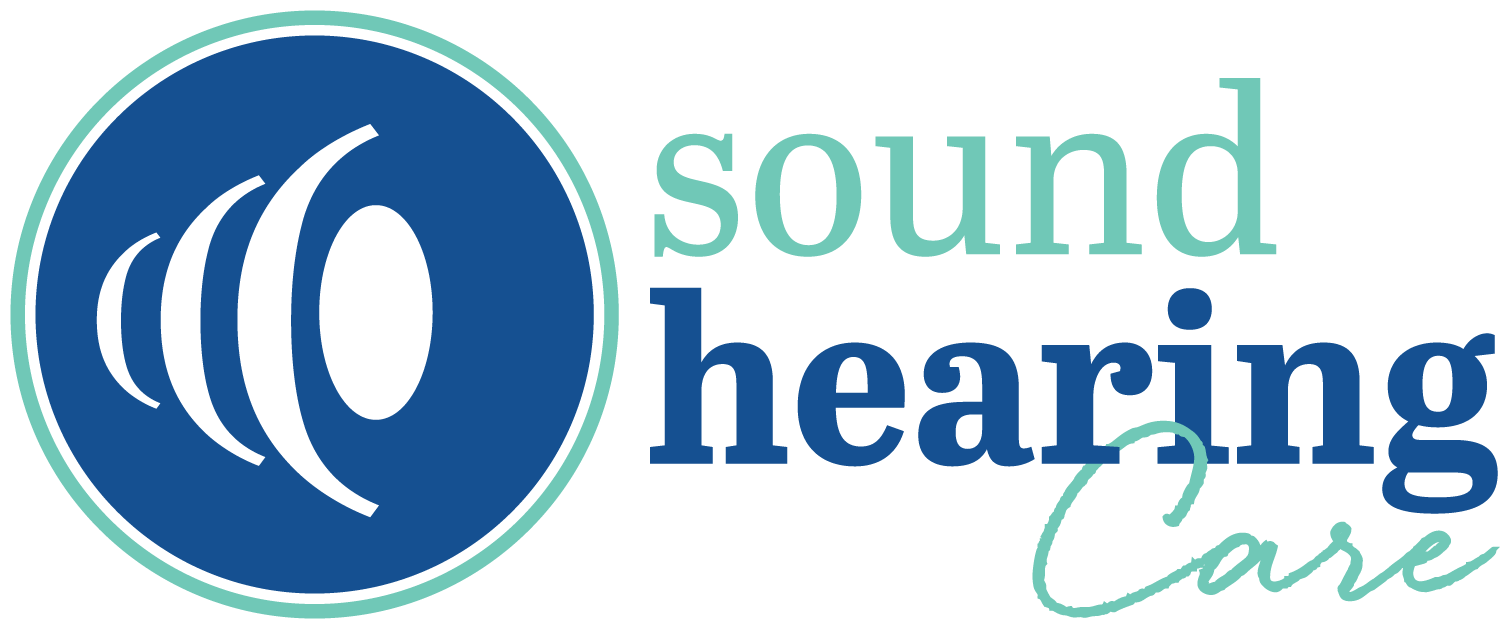How Hearing Loss Can Have an Effect on Our Body
Did you know that untreated hearing loss can affect your physical and mental health?
When you have hearing loss, it not only changes how you hear the world around you, but it can also affect other parts of your body when left untreated for too long.
In our previous blog posts Heart Health and Hearing Health – Are You Taking Precautions and Alzheimer’s and The Hearing Loss Connection, we discussed two different diseases that are linked to hearing loss. There are a couple of medical conditions that can be an effect of hearing loss. However, early intervention can reduce the changes of the conditions listed below.
Reduced Brain Function and Hearing Loss
One of the side effects of hearing loss is reduced brain functionality. When hearing loss gets untreated, it can reduce brain functionality. The brain processes the sounds we hear so we react accordingly. However, when we have hearing loss our brain loses a lot of the sounds it usually hears and can forget how to react to other sounds. Researchers have found that the part of the brain that handles the other senses will take over the part of the brain that controls hearing. This is referred to as cross-modal cortical reorganization. This is the brain’s method of compensating for the loss of hearing and can affect the brain’s cognition. Thus, the area of the brain that processes hearing will become weaker.
It is important if you suspect hearing loss to contact a hearing care specialist to have your hearing checked. If you are diagnosed with hearing loss, using a hearing aid daily can improve your brain functionality and your daily life.
Risk of Falling and Hearing Loss
When you have a decrease in your hearing and you leave it untreated, it leaves you vulnerable to not hearing noises around you and you are less likely to be aware of your surroundings. Adults 65 and older are most at risk for falling while also having a hearing loss, and can cause bone fractures or a brain injury if you hit your head. Wearing a hearing aid will allow you to hear everything around you and be more conscientious of the noises you hear all around you.
Blood Pressure and Hearing Loss
People who have high blood pressure are at risk of hearing loss because when your blood pressure is high it can damage your blood vessels, including those in your ear. When you have damage to the blood vessels in your ear, it leads to a build-up of fatty plaque which affects your hearing. Regular check-ups from your physician can help detect high blood pressure, and if you are diagnosed with it make sure you get treated for it.
Contact Sound Hearing Care to schedule a hearing exam at any of our four convenient locations including Simpsonville, Greer, Travelers Rest, and Greenville.

